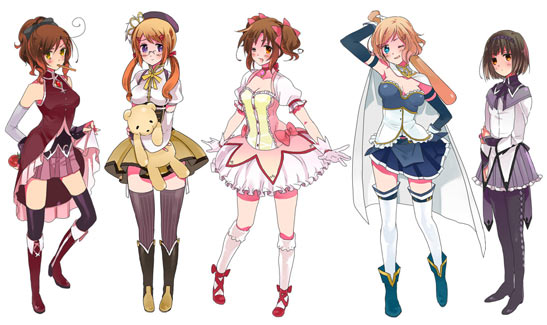Does language influence how we perceive the world? It’s certainly an interesting question, and one that I sometimes bat around with my Twitter followers. While people are fundamentally the same, the languages we’re exposed to as children can be thought of as our “operating system,” which affects how we view the world around us. English is famous for its directness, and if a guy named Johnny broke a window, we’d generally say, “Johnny broke the window.” But in Japanese (and Spanish, I’ve heard) it’s likely you’d say just say the window broke, without necessarily specifying who did the breaking. Does this change how different people perceive what actually took place? The tendency to use passive voice shows up in business settings, too, where it’s more polite to say “it has been decided” rather than “my boss decided this, it’s his fault.” English tends to be unisex, with the same language used by both men and women, but Japanese is very different, with unique pronouns and sentence-ending particles for each group to use (ne?). It may be only me, but my subjective perception is that men can feel more masculine and women more feminine when speaking Japanese than they do in English, because of these language differences. (Remember that J-List is well stocked with Japanese study supplies and cool manga for anyone wanting to learn more Japanese.)

For example, you might perceive Hetalia characters dressed in Madoka outfits as really cool, or horrible.














